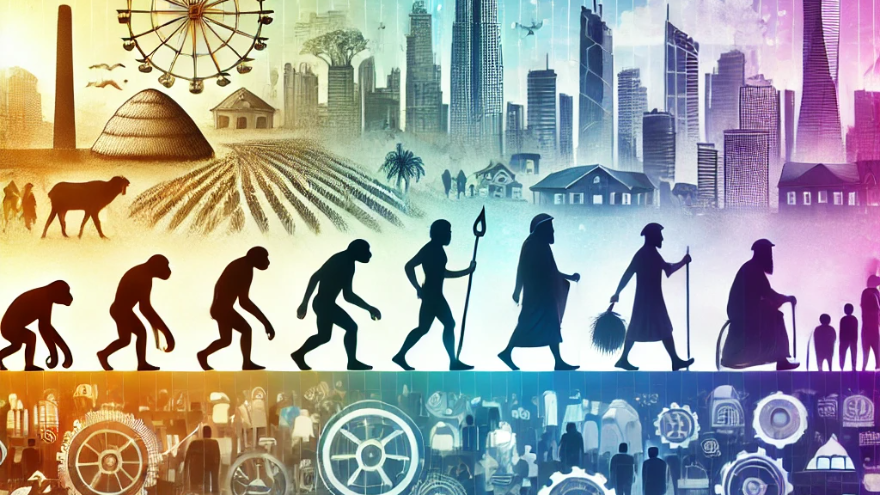This article explores the estimated total number of humans who have ever lived on Earth, estimated at 117 billion by the Population Reference Bureau. It details the historical and demographic context of population growth, from the emergence of modern humans 200,000 years ago to the exponential growth seen in recent centuries. The article also highlights the methodologies used for these estimates and reflects on the significance of humanity's shared history and the need for sustainable growth.

Humanity has been a part of Earth’s story for a long time, and one intriguing question that often arises is: how many people have ever lived on this planet? Estimating the total number of humans who have been born since the dawn of our species is a complex endeavor, requiring a combination of archaeological, historical, and demographic data. Here is a detailed exploration of this fascinating topic.
According to the Population Reference Bureau (PRB), a leading organization in population studies, an estimated 117 billion people have been born on Earth since modern humans (Homo sapiens) first emerged around 200,000 years ago. This estimate provides a comprehensive perspective on humanity’s expansive and evolving presence on the planet.
To understand how this number was derived, it’s helpful to consider the historical context and demographic trends over time.
Demographers calculate the total number of people who have ever lived using the following approach:
The PRB’s estimates rely on a combination of these factors to create a model that tracks population growth over millennia.
The journey of humanity is marked by incredible resilience and growth. From small, scattered groups in prehistoric times to the sprawling global population of today, humans have continually adapted and thrived. While the estimate of 117 billion births offers a fascinating perspective, it also reminds us of the interconnectedness of our shared history.
Understanding these numbers provides valuable context for appreciating the scale of human existence and the responsibility we have to ensure a sustainable future for the generations yet to come.